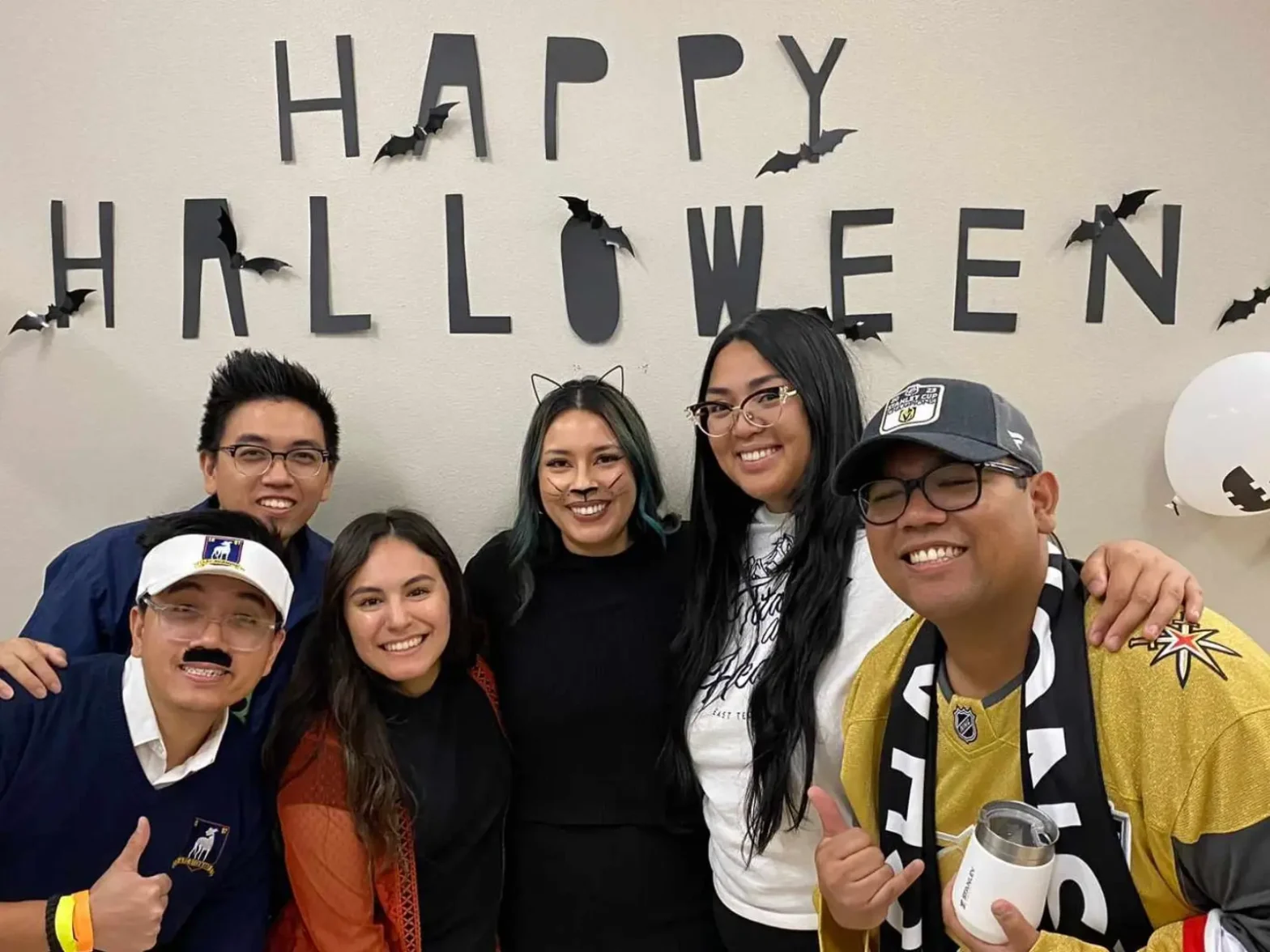Do you ever run random life scenarios through your head while you’re bored? Do you ever think to yourself, “What would I do in this situation?” or “How would I react if this were to happen?”? Do you ever wonder if you’ll make a difference in the world?
DOUBT
As a growing healthcare professional, it’s easy to doubt yourself. It’s easy to wonder if you’re really making an impact. It’s even easier to brush yourself off as a small, insignificant being, struggling to make sense of a big, intimidating, world. But then life takes over, and a moment happens. A couple minutes, a handful of seconds, or a few bated breaths that feel like a lifetime. And in that moment, you know you made the right choice.
CALL FOR ACTION
The flight attendant asked me to help a woman in the front because she wasn’t feeling well. I was sitting in the very last row of the plane. So I anxiously squeeze through the narrow isle of sleeping passengers to find a small crowd of other flight attendants and a second-year medical student kneeling in front of an older woman. As nervous as I was, I had enough experience to just let my fundamental nursing skills take over.
Assessment first. Asking pertinent questions, taking vital signs, auscultating heart, breath, and bowel sounds. By the way, taking a manual blood pressure with a cheap stethoscope over the sound of a roaring plane engine in a pressurized cabin is not an easy task. Also, plane first-aid kits need an upgrade on thermometers, sphygmomanometers, and medication stock. But, I digress.
SITUATION
She complained of abdominal pain and dizziness. Luckily, the woman was only feeling faint and hadn’t vomited or had any diarrhea. So although I’m not a doctor and can’t diagnose, I had a hunch that she was dehydrated and had a mild stomach bug from eating some questionable seafood before boarding.
I had to ask the kind and curious second-year medical student (who had no patient experience whatsoever), to move out of the way because he was kneeling right in front of the woman while I was trying to assess her. And he also kept saying to give her aspirin because he thought she was having a heart attack. But none of my assessments pointed in that direction. So, as a patient advocate, I put my foot down and said no. Aspirin wasn’t necessary, and although it’s just an aspirin, you shouldn’t just give any medication without a solid reason behind it. I asked the flight attendants if I could take a look at what medications they had on board. I was looking for Zofran (ondansetron), which is a fast-acting antiemetic sublingual tablet. Unfortunately, they didn’t have any.
Meanwhile, the flight attendants paged a doctor on land and gave me an order to give the patient promethazine, an antihistamine that treats motion sickness. I gave the medication, told her to drink more water and that I’d be back in about 20 minutes to check on her.
CONCLUSION
Afterwards, she was feeling much better. Although I didn’t do much, I was glad to help in any way I could. I learned a couple things that morning. To stand up for your patients’ rights, speak up for them when you know that something isn’t right. It’s part of your due diligence as a healthcare provider. I learned to trust in my training and everything I’d worked so hard for up to that point. It was also a gentle reminder to step up and fight for the greater good, even if it’s 4 am, you’re nervous as hell, and over 30,000 feet above the ground!


Share Alumni Legend on:










